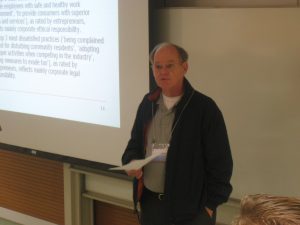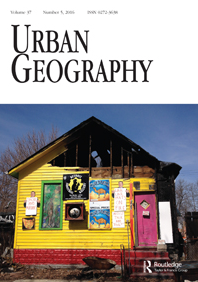
Although previous research has suggested peer reviewers are not influenced by knowing the authors’ identity and affiliation, a new Research Letter published today in JAMA suggests otherwise. In “Single-blind vs Double-blind Peer Review in the Setting of Author Prestige,” Kanu Okike at Kaiser Moanalua Medical Center in Hawaii and his colleagues created a fake manuscript submitted to Clinical Orthopaedics and Related Research (CORR), which described a prospective study about communication and safety during surgery, and included five “subtle errors.” Sixty-two experts reviewed the paper under the typical “single-blind” system, where they are told the authors’ identities and affiliations, but remain anonymous to the authors. Fifty-seven reviewers vetted the same paper under the “double-blind” system, in which they did not know who co-authored the research. We spoke with Okike about some of his unexpected results.
Retraction Watch: You found that reviewers were more likely to accept papers when they could see they were written by well-known scientists at prestigious institutions. But the difference was relatively small. Did anything about this surprise you? Continue reading Reviewers may rate papers differently when blinded to authors’ identities, new study says








